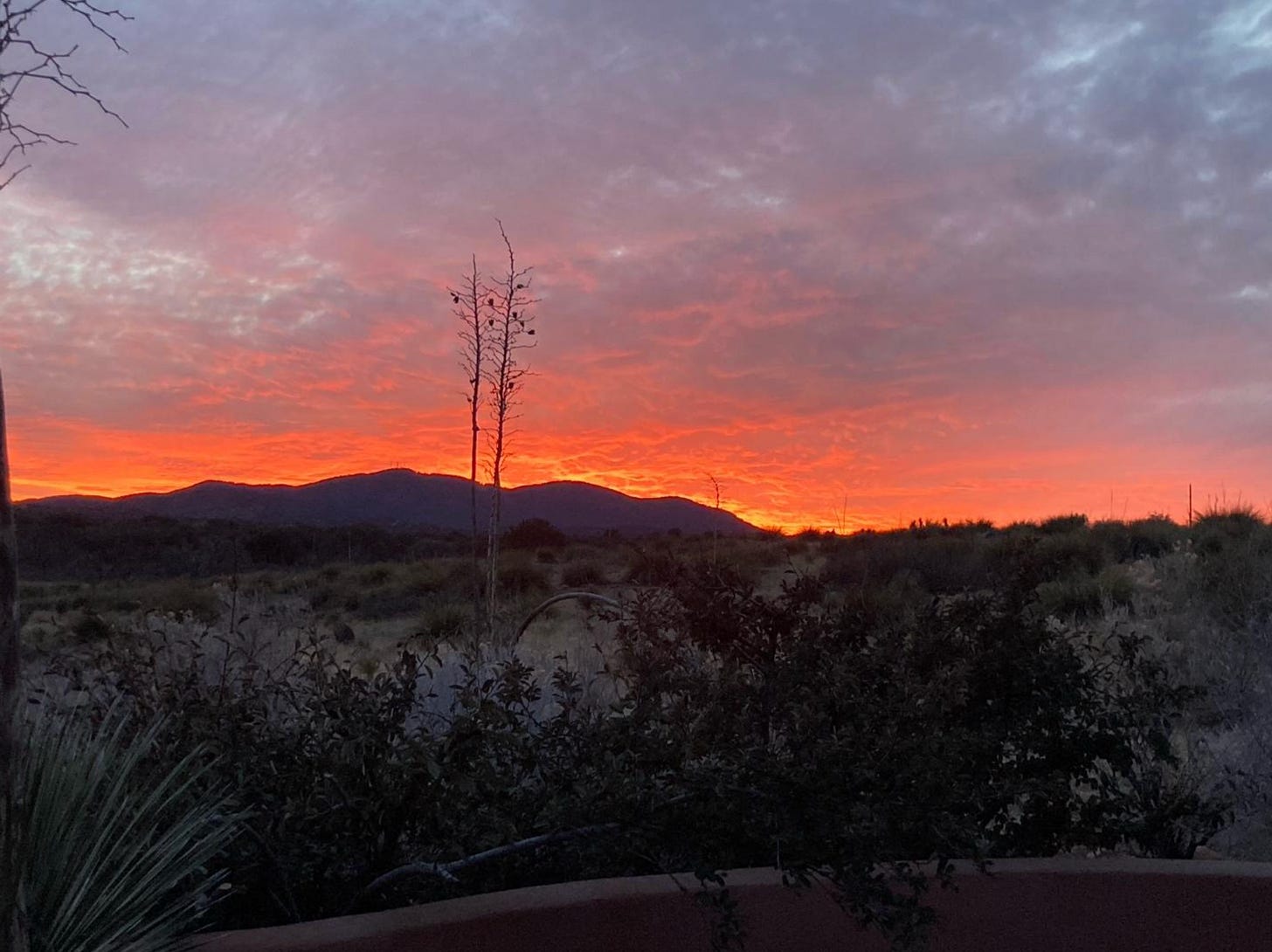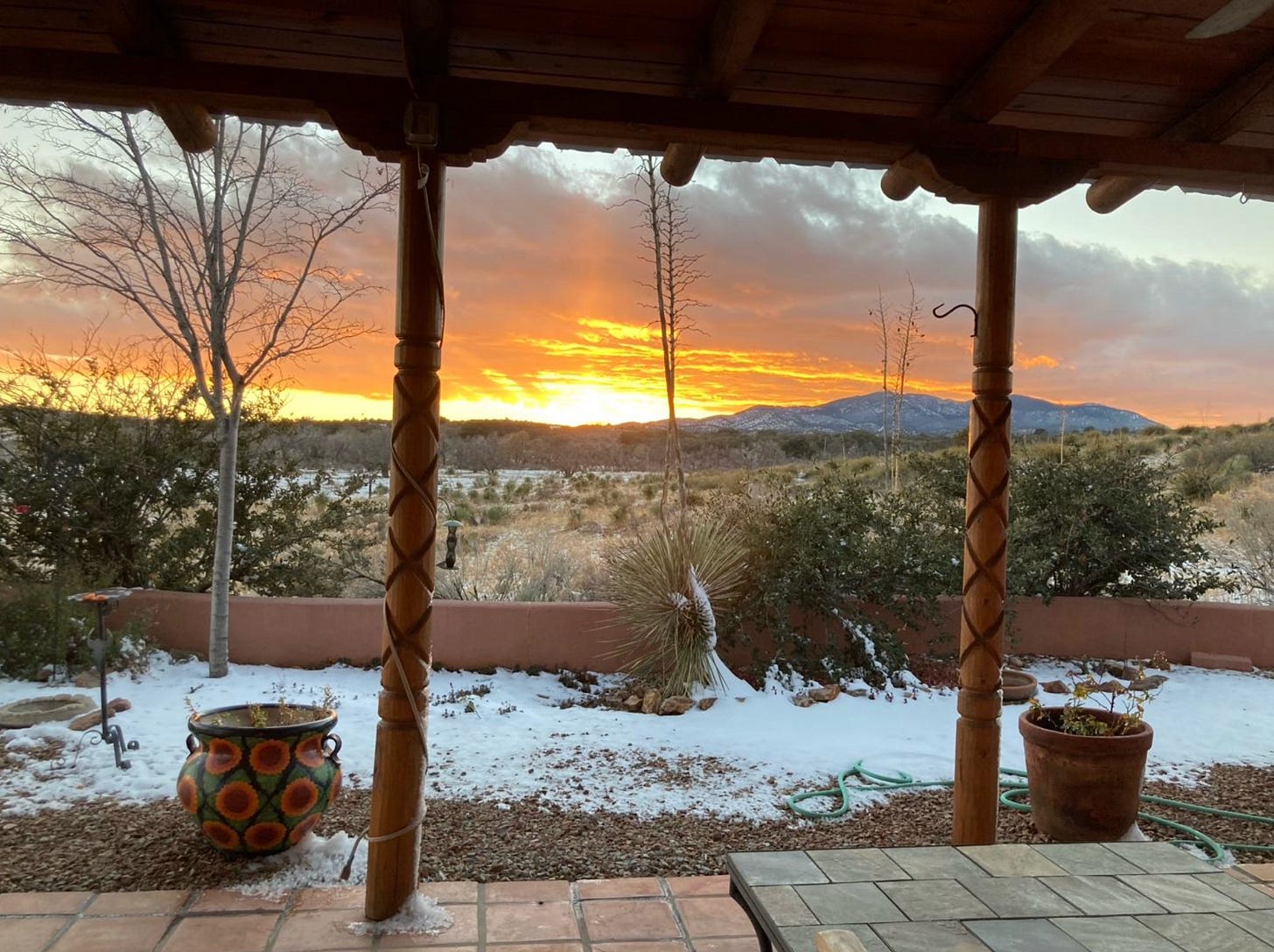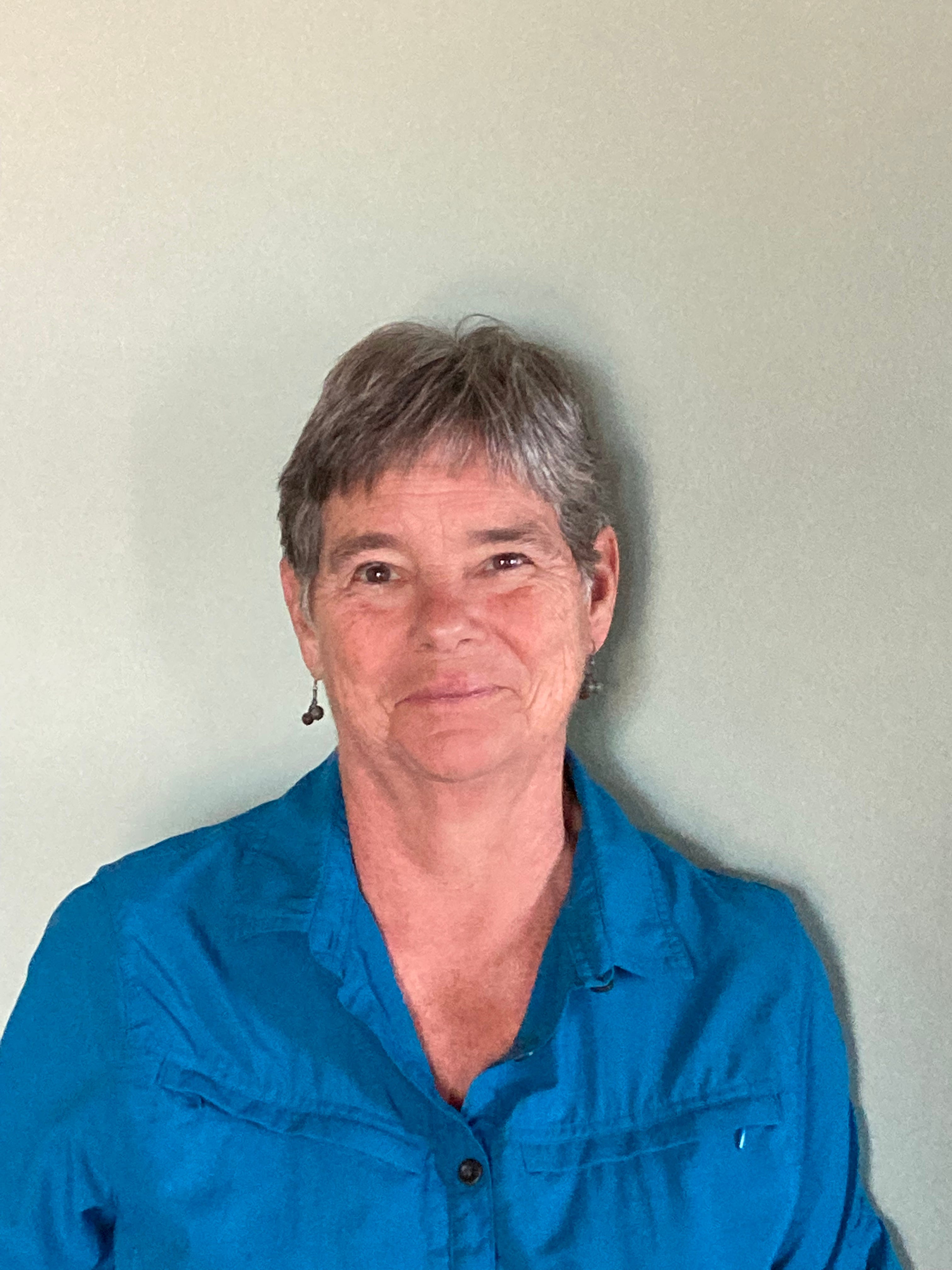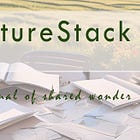🍃 Reciprocity: the interview
6 questions for Dawn Smith
Nature writer, n. A person who delights in paying attention, being astonished, and telling about it.1
“And now I have the time to be quiet and watch the wildlife coming and going; and the everchanging landscape, both of which inspire me to keep writing, to tell my stories and those of the animals I have known in hopes of inspiring others to care as well.” ~ Dawn Smith
Welcome to Season 2 of the Reciprocity interviews. My inbox is full of treasure in the form of lovingly observed writing about place, encounters both wild and gentle, imaginative kinship and renewed reciprocity. These thoughtful, talented writers kindled in me the desire to learn more about them.
Today’s guest,
is a retired veterinary technician and wildlife rehabilitator, who now spends her time hiking and birding in the desert southwest and writing about her experiences.I discovered Dawn’s newsletter at the beginning of this year via her post, “A Few Surprising Animal Intelligence Stories.” featuring a seal afraid of water and a gregarious sheep.2 More recently, she wrote about elephants’ intelligence and fascinating behavior (they may even name each other).3
Exploring Animal Intelligence is Dawn’s attempt to learn more about the many and varied forms intelligence takes in other animals and share that with any interested people. She focuses on the science that backs up her belief that animals are intelligent, perhaps more intelligent than we have been giving them credit for, and includes some of her experiences with many of these species.
Why are you drawn to nature writing?
For as long as I can remember my mother was always calling us to look at what the animals were doing outside; from the first time the pheasants brought their brood up to graze, to the deer fawns losing their spots, to our own animals showing amazing skills and abilities. The outdoors was one of my hiding places when family life got too hectic for me.
Trying to capture what I see and hear when outdoors is both difficult and soothing. Difficult to put into words the beauty and variety of the natural world. Soothing as I absorb those scenes.
How does writing about nature affect you, in your work or personal life?
I spent many years working in wildlife rehabilitation, conservation, and habitat protection. Having been so immersed in nature for so long with limited time to record those experiences I am thoroughly enjoying translating my scribbled notes into something coherent.
And now I have the time to be quiet and watch the wildlife coming and going; and the everchanging landscape, both of which inspire me to keep writing, to tell my stories and those of the animals I have known in hopes of inspiring others to care as well.
While outside, have you ever experienced feeling small, lost or in danger?
Often, in both good and less wonderful ways. My first couple of encounters with western diamondback rattlesnakes when we first moved to the desert southwest were probably the most dramatic. We needed to move the ones that came near the house further into the grasslands. I was terrified the whole time, but it all went alright in the end. Now, although I still get nervous, it feels more like just one more part of rural living, and I appreciate the help of the snakes in rodent control!
In another, very different way, I often feel small when at the coast during a storm as the wind and waves rearrange everything. Since moving to the southwest, with its vast open lands and rugged mountains, that feeling of being small happens often. I think that type of feeling small can also be an inspiration, an awe of our world, not just a threat.
What’s a favorite memory of nature from your childhood?
Vacation on Cape Cod, a cool windy day, back when I was fearless, swimming through big waves. There were only three of us in the water, an older woman, a 20-something man and 10-year-old me. Although we never spoke, just smiled at each other, it was clear that being in the ocean in all its chaos was the only place we wanted to be. Floating or swimming, being challenged by the ocean or letting her take us where she would.
What do you hope for, for your writing?
On Substack, to continue to discover more about the environment and its denizens, and share that exploration with readers who feel the same. In my other writing (essays and a book in progress), I hope to be able to convey some of the awe that I’ve felt in so many places, in so many ways, and to encourage others to protect what we have.
A writer or other creative artist who makes you hopeful for humanity and the earth.
The amazing, sadly late, Barry Lopez. I’m just now reading his last book. Reading slowly to savor his beautiful interpretations of the land, love of the world and advocacy for wild places. I remain hopeful because I believe many of us have been touched by so many great writers like Barry who spur us on to do more to preserve this planet.

Each season, we donate 30% of paid subscriptions to a worthy environmental cause. This season, it’s Indigenous Climate Action. They envision a world with sovereign and thriving Indigenous Peoples and cultures leading climate justice for all. Track past and current recipients here.
What did you enjoy most about this interview? I’d love to hear from you. Or share it with others by restacking on Notes, via the Substack app. Thanks!
Notes and links
If you’d like to participate in this interview series, please DM me on chat, or reach out via email: gabrielli-dot-julie-at-gmail. Find previous interviews here.
For more inspired nature writing and artwork from the best of Substack, check out the articles in our final edition of NatureStack journal.
In further service to Substack’s nature writers,
curates this lovely directory of nature-focused writers:thanks, Mary Oliver









One word: gorgeous!!!!!!!
Thank you for this lovely interview. Subscribed! I love anyone who is keen to explore the wisdom of animals. A woman after my own heart. 💛